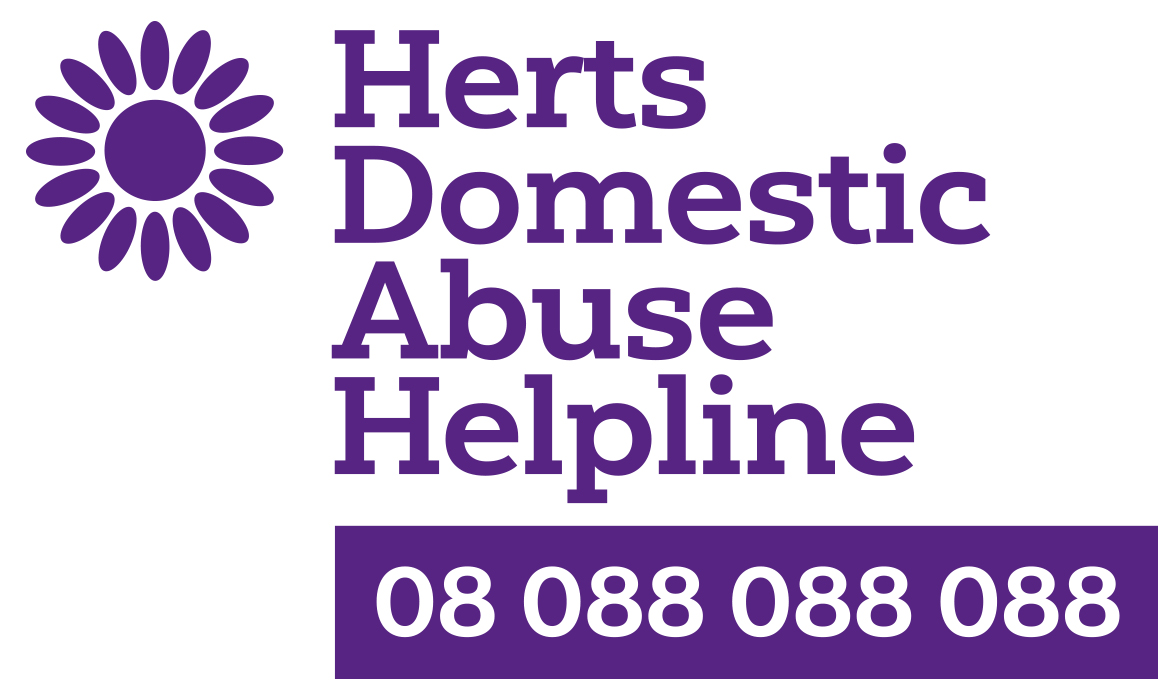So what exactly is stalking and why is it so serious?
There are still many myths about stalking and the impact that it can have, this is not helped by the stereotypes linked to stalking. We have often heard comments such as ‘stalking is only something that happens to celebrities’ or ‘that you’ve not made it until you have a stalker’ or even the belief that having a stalker is a ‘badge of honour’. The reality is that anyone can be stalked and in this blog we will refer to some of the key data currently contained on www.paladinservice.co.uk to demonstrate this:
Data shows that at least 1 in 5 women and 1 in 10 men will experience stalking in their adult lives.
Victims tend to suffer around 100 incidents of stalking prior to informing police.
Around 50% of victims either have to stop work or reduce working hours as a consequence of stalking.
Around 79% of all domestic abuse stalking will involve the perpetrator using work resources to target victims.
1 in 2 domestic stalkers and 1 in 10 with no previous relationship who make a threat against their victim will act upon it.
Research has shown that around 94% of murders of women by men, whereby there was a previous relationship between them, had been subjected to stalking prior to the murder.
Around 98% of victims report a significant psychological impact as a result of being stalked.
So how can stalking happen and how will you know if you are being stalked?
This can often be the challenge as many stalkers will employ covert methods to stalk their victims and subject them to a form of ‘gaslighting’ by causing victims to doubt their own sanity by the acts that they have committed. Stalkers will use spyware to access mobile phone data and messages, they will hack into Social media accounts, they will often park up close to where a victim works to monitor their movements or they will integrate themselves with victim’s families and friends all of these are in an effort to ascertain more information about the victim and their movements.
It will often be the little things that may give a stalker away, such as knowing about conversations or facts that they shouldn’t know which would indicate access to a phone or social media or they appear at a location that seems too much of a coincidence. When this happens it is possible that you may be a victim of stalking behaviours.
The Law
In around 2012 a specific law was added to the Protection of Harassment Act 1997 defining 2 offences of stalking and making them criminal offences. There is section 2A which carries a maximum prison sentence of 51 weeks and Section 4A which carries a maximum prison sentence of 10 years. These have recently been doubled to reflect the serious nature of the offending and there is a Stalking Bill which is expected to be enacted in due course and will introduce Stalking Protection Orders. More details of the bill and the law can be found at:
https://services.parliament.uk/bills/2017-19/stalkingprotection.html
http://www.legislation.gov.uk/ukpga/1997/40/contents
Keeping yourself safe.
There are a number of things you can do to help to keep yourself:
If you suspect spyware is on your phone then reset your phone to factory settings which will remove this.
Remove geotagging which will often identify your location. This can usually be done through individual apps or through the settings and will ensure your location is not shown.
Be careful about where you ‘check in’ and the regularity that you do this as may identify a routine. Stalkers will try and get access to your accounts even if you have blocked them.
Resist the urge to block a stalker as this may result in them attempting other methods to make contact. Simply ignore the message and ensure it is saved as evidence.
Change passwords regularly
Google yourself and look at your own digital footprint and request removal of data as required
Keep anti-virus software up to date
If you believe that you or someone you know is being stalked then firstly contact the police on 999 if you fear you are at imminent risk, otherwise call 101 to report and/or seek advice and support:
If you live in Hertfordshire then please contact the Independent Stalking Advocacy Caseworkers (ISAC’s) on 03301 025811 (available 24/7) or email referrals@saferplaces.co.uk
Or you can talk to Herts Domestic Abuse Helpline on 08 088 088 088
National services:
Paladin - www.paladinservice.co.uk
Suzy Lamplugh Trust/ National Stalking Helpline - https://bit.ly/2rb64eP
NB You may also find it helpful to read the Helpline’s item on Tech Abuse and Empowerment on the Advice tab and also see the blog on Tech abuse and survivor stories here: https://bit.ly/2VqDUbA
Our thanks to the DAISU (Domestic Abuse Investigation and Safeguarding Unit) of Herts Constabulary for this article.

